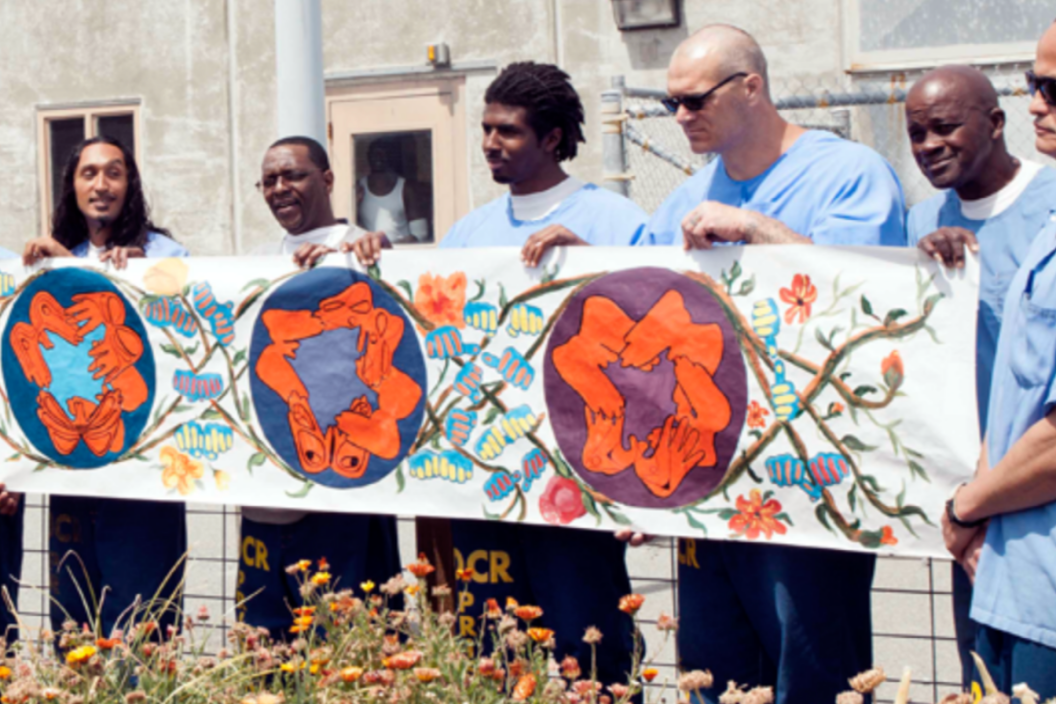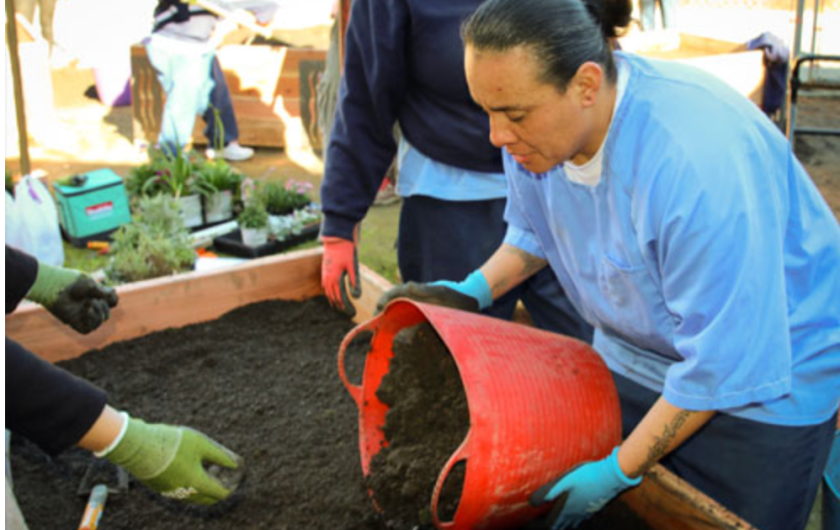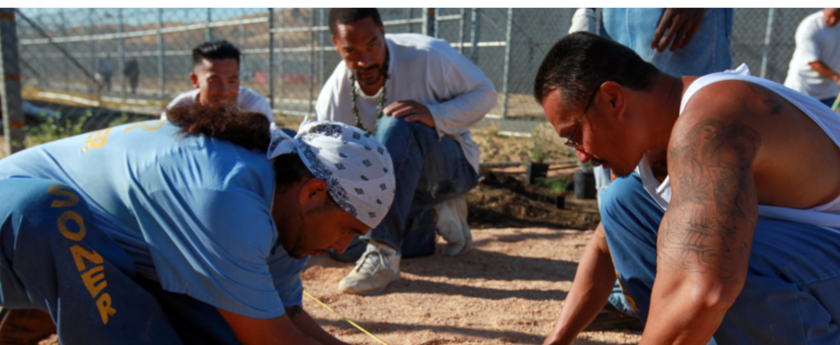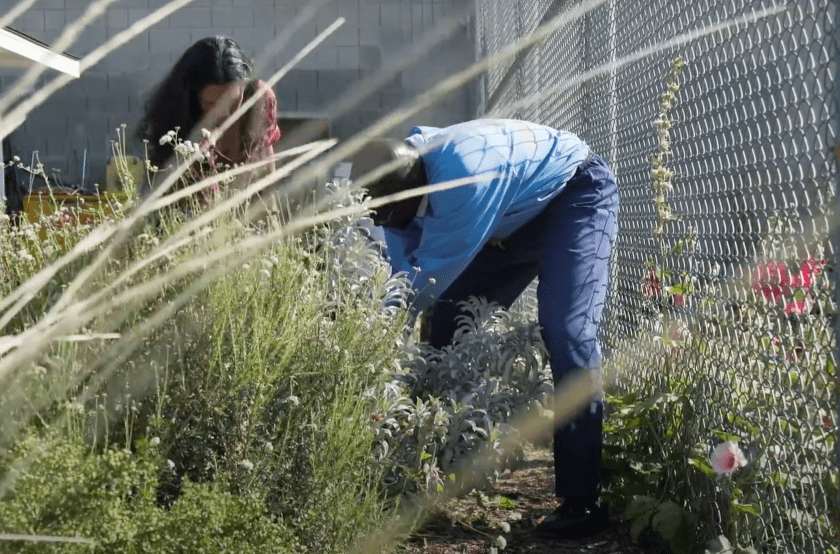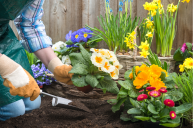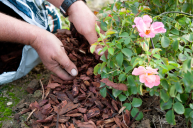The United States has the highest number of prisoners in the world, with almost 2.1 million people currently behind bars. Of these millions of people, three out of four will be back in prison within three years of being released. It's clear that the system isn't working, but how do we fix it? One solution with encouraging results is the introduction of gardening programs in prisons.
Videos by Wide Open Country
The U.S. Prison System
The U.S. prison system focuses on punishment rather than rehabilitation, locking individuals away with few avenues to heal from their trauma and overcome their circumstances. Then, when prisoners finish their sentences and are released into the world, they're given few life skills or resources to function in society, causing many of them to end up back in prison a short time later.
Some countries build their prison systems with a focus on rehabilitation instead, such as Scandinavian countries. These systems provide coaching, mentoring and job skills to set prisoners up for success in the real world, causing far fewer of them to reoffend and get sent back to prison. Norway, for instance, has the lowest recidivism rate in the world, at 20% compared to the 76% of the United States.
What is Horticultural Therapy?
One way to decrease the recidivism rate, which is the number of prisoners who end up back in prison after being released, is to use horticultural therapy in correctional facilities. Horticultural therapy is using gardening and plant-based activities to reach therapeutic treatment goals.
The benefits of this type of therapy are well-documented, from helping with stress to stabilizing mood to improving self-esteem. Horticultural therapy improves the mental health of those who participate in it, helping clients to have successful interpersonal relationships and cope with stress.
What Are the Benefits of Gardening for Inmates?
These positive effects have an impact on prisoners as well, and have been shown to help prepare incarcerated individuals for re-entry, causing fewer of them to reoffend and end up back in jail. Along with improving the psychological and physical well-being of inmates, horticultural programs are a great way to integrate educational and vocational rehabilitation goals.
As explained in the Journal of Offender Rehabilitation,
"Correctional agriculture and gardening have become more popular in recent years, and evidence points to physical, social and mental health benefits, as well as impacts on inmate rehabilitation and recidivism."
There are a number of states that offer gardening programs with options like horticulture, landscaping and gardener training to inmates, providing the psychological benefits of working with plants along with job skills. The first one in the country was at Rikers Island Jail in New York, which was started in 1997. Its program participants' recidivism rate is 40% lower than that of the general prison population.
Another well-known program is the Insight Garden Program at Avenal State Prison in California. This prison is a medium security prison for men, located southwest of Fresno. The gardening program is located in the prison yards, where you can find a prison garden that's been designed by incarcerated individuals.
Insight Garden Program is more than just gardening; it includes meditation, emotional processing and eco-therapy work. Along with this, the program teaches inmates skills like permaculture techniques, garden design, and plant biology. From its raised beds to its flower garden, it gives IGP participants a place to heal with the natural world and prepare for a successful re-entry back into society.
Blial Coleman, an IGP graduate, said,
"What inspired me about Insight Garden Program was it was a safe place where I learned to meditate and discover my reconnection to nature and the gardens. This has allowed me to successfully transition to a stable job and be present with my family and community in a way that I never have before. I have a different way of being in the world and the space that I hold in it."
Some prison garden programs take the process a step further by donating the food grown to local communities, which adds another healing element for inmates.
"While growing food in prison is beneficial, providing opportunities to donate that food and to nurture connection between growers and recipients has impacts for incarcerated people far beyond the immediate benefits of gardening. These benefits include supporting the self-esteem and self-worth necessary to imagine a future shaped by the experience of giving back through meaningful work."
From psychological benefits to job skills, these gardening programs in prisons are one way to improve the prison system in the United States, giving inmates a way out of the cycle of arrest, conviction, incarceration, release, and rearrest.
READ MORE: Study Suggests Gardening Is Just As Good For Your Health As Working Out
